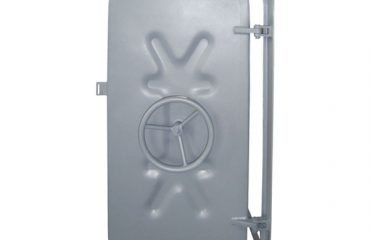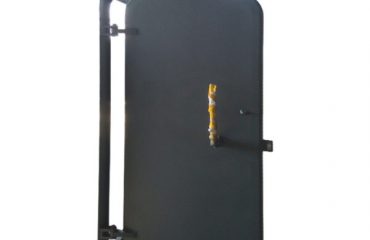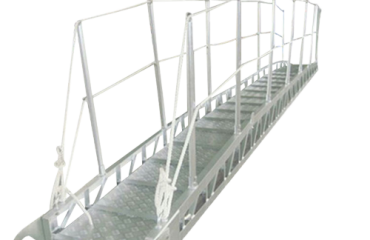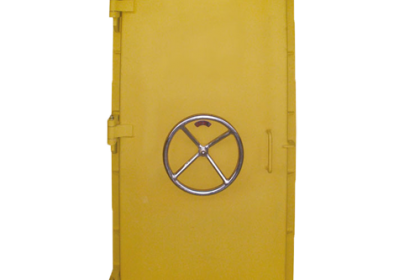
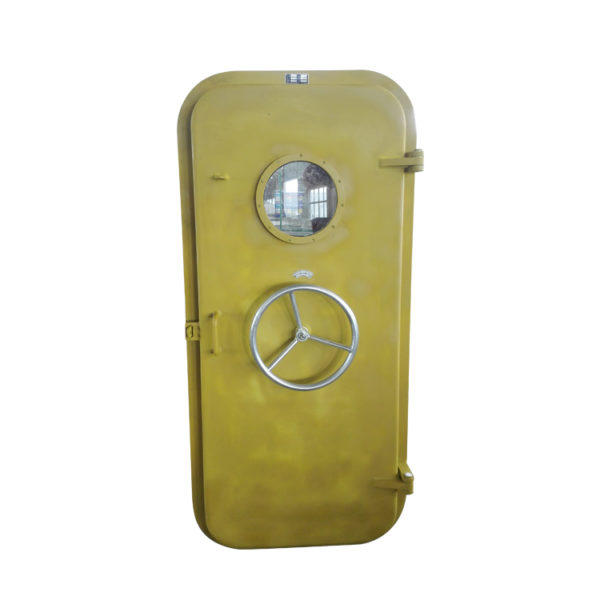
Marine doors play a crucial role in shipbuilding, serving as important components for the safety, functionality, and overall efficiency of a vessel. They are designed to withstand the harsh marine environment, ensuring the protection of crew members, cargo, and sensitive equipment on board.
One of the primary functions of marine doors is to provide watertight and airtight seals between different sections or compartments of a ship. This is particularly important in preventing the ingress of water, which can potentially flood the vessel and cause serious damage. Marine doors are specially engineered to withstand the pressure of water, ensuring that they remain intact even under extreme conditions.
In addition to water-tightness, marine doors also provide fire protection and compartmentalization in the event of a fire on board. These doors are designed to have fire-resistant properties, effectively containing the spread of fire and smoke by creating fire barriers. By subdividing the ship into different compartments, marine doors can limit the extent of a fire, allowing crew members to safely evacuate and enabling the fire to be contained and extinguished more easily.
Another important role of marine doors is to act as sound and noise barriers. Ships can be noisy environments due to various factors such as engine operation, machinery, and the movement of cargo. Marine doors with sound insulation properties help to reduce noise levels, creating a more comfortable and productive working environment for crew members.
Furthermore, marine doors contribute to the overall structural integrity of the ship. They are designed to withstand the forces and vibrations experienced at sea, ensuring that they remain securely in place during rough weather conditions. This is crucial in maintaining the stability and strength of the vessel, as any failure or breach in the integrity of the doors could compromise the safety of the ship and its occupants.
Aside from their functional roles, marine doors also fulfill important regulatory requirements in the shipbuilding industry. International maritime regulations, such as those set by the International Maritime Organization (IMO), dictate specific standards for watertightness, fire protection, and safety in ship design. Marine doors must be designed and manufactured to meet these stringent standards to ensure compliance with international regulations.
Marine doors are integral components in shipbuilding, providing a range of essential functions for the safety, functionality, and regulatory compliance of vessels. From ensuring watertight seals to providing fire protection and noise insulation, marine doors play a crucial role in safeguarding the ship and its occupants. Their importance cannot be understated, as they contribute significantly to the overall efficiency and reliability of a ship while navigating the challenging marine environment.



